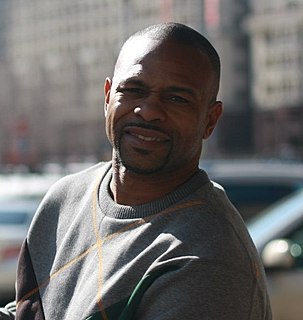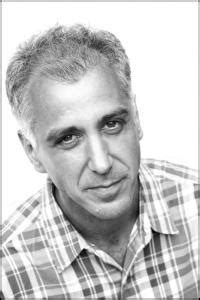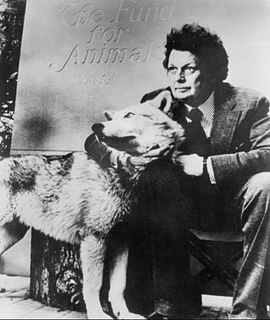A Quote by V. S. Naipaul
Out of its squalor and human decay, its eruptions of butchery, India produced so many people of grace and beauty, ruled by elaborate courtesy. Producing too much life, it denied the value of life; yet it permitted a unique human development to so many. Nowhere were people so heightened, rounded and individualistic; nowhere did they offer themselves so fully and with such assurance. To know Indians was to take a delight in people as people; every encounter was an adventure. I did not want India to sink [out of my memory]; the mere thought was painful.
Quote Topics
Adventure
Assurance
Beauty
Butchery
Courtesy
Decay
Delight
Denied
Development
Did
Elaborate
Encounter
Every
Fully
Grace
Human
Human Development
India
Indians
Individualistic
Know
Life
Many
Memory
Mere
Much
Nowhere
Offer
Out
Painful
People
Permitted
Produced
Producing
Ruled
Sink
So Many People
Squalor
Take
Themselves
Thought
Too
Too Much
Unique
Value
Value Of Life
Want
Were
Related Quotes
I never was a person that wanted that life...I'm a leader not a follower. I don't care what they say, or what they're doing or what they're wearing. Go ahead, cos come Judgement Day, all of that won't matter. How many people did you help. How many people did you talk to. How many people did you try to encourage. How many people did you bring to God. That's what's gon' matter.
He glanced back at the wall. How like a mirror, too, her face. Impossible; for how many people did you know who reflected your own light to you? People were more often--he searched for a simile, found one in his work--torches, blazing away until they whiffed out. How rarely did other people's faces take of you and throw back to you your own expression, your own innermost trembling thought?
Often people who already had an interest in human rights work. What I did notice with all of them, even the people who professed to be interested in human rights, was that activism was somewhat a concept in their mind - a symbolic flag on the quad or something to show how many people were starving in the world. But once they saw their efforts connected to a person, I did see a change.
God sees us with the eyes of a Father. He sees our defects, errors, and blemishes. But He also sees our value. What did Jesus know that enabled Him to do what He did? Here’s part of the answer: He knew the value of people. He knew that each human being is a treasure. And because He did, people were not a source of stress, but a source of joy.
Unlike some people who have experienced the loss of an animal, I did not believe, even for a moment, that I would never get another. I did know full well that there were just too many animals out there in need of homes for me to take what I have always regarded as the self-indulgent road of saying the heartbreak of the loss of an animal was too much ever to want to go through with it again. To me, such an admission brought up the far more powerful admission that all the wonderful times you had with your animal were not worth the unhappiness at the end.
We want people to take care of themselves. We want people to provide for themselves. We want people to enjoy the fruits of their labors. We want people to enjoy reaching out and making their dreams come true. We want people to realize their life's dreams and passions. You need a growing economy for this.
Many people falsely believe that if you want to be holy, you are not allowed to enjoy life...Holiness brings us to life. It refines every human ability. Holiness doesn't dampen our emotions; it elevates them. Those who respond to God's call to holiness are the most joyful people in history. They have a richer, more abundant experience of life, and they love more deeply than most people can every imagine. They enjoy life, all of life.
The Dalai Lama once said that every human being has two fundamental desires: to be happy and free of pain. I'm interested both in helping people and myself achieve these and also, in the process, finding out what our full potential is as human beings. In essence, there's so much unconsciousness about how/what we eat and how we live which creates the problems that people face. I see so many sick and suffering people when I go on my lecture tours and, if I can help someone find their way back to a life worth living, that's a good day's work.





































